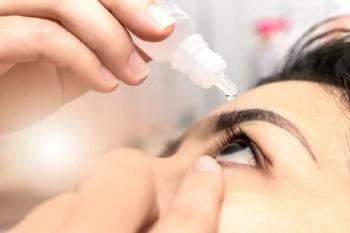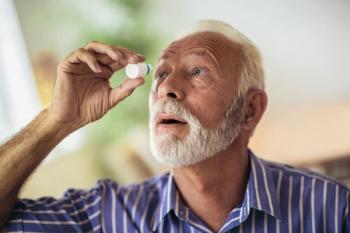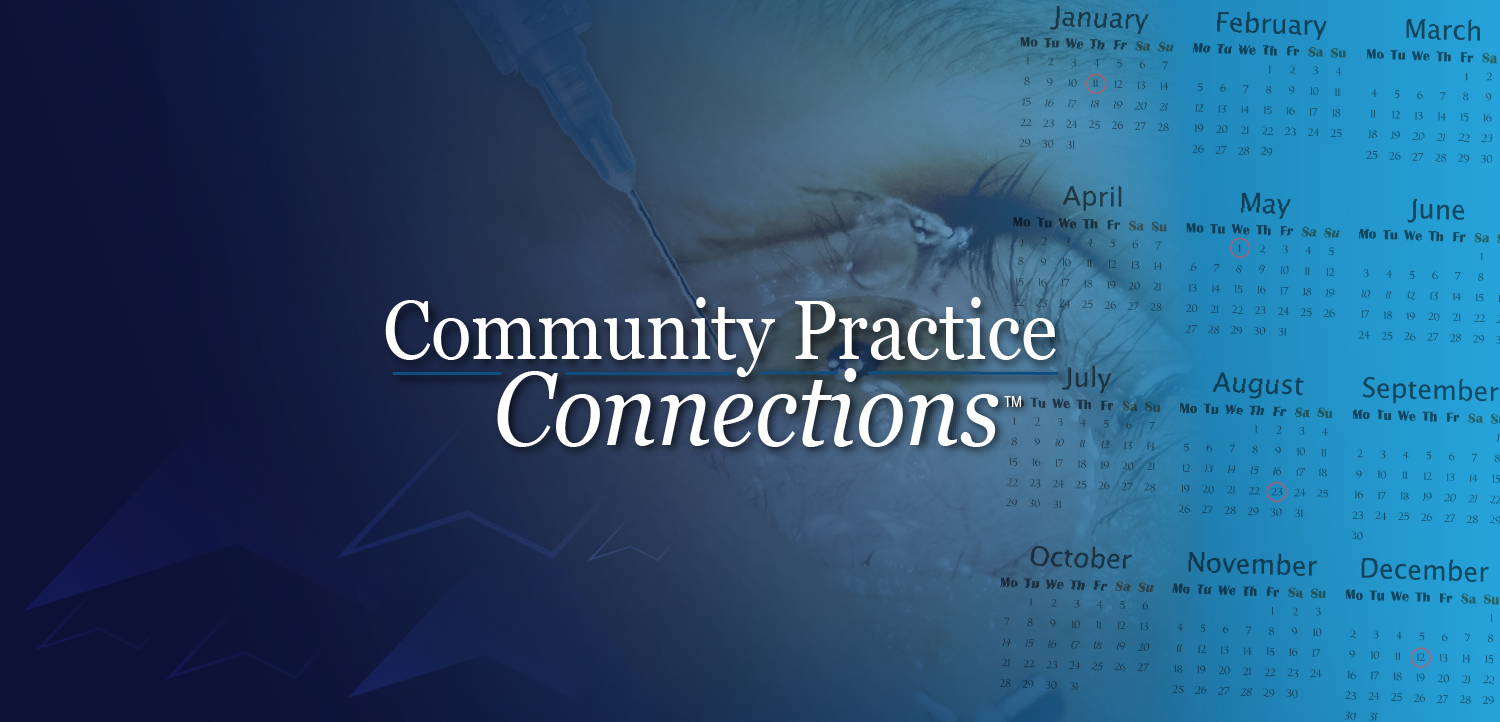
Europe approves Eylea for treating macular edema secondary to CRVO
Tarrytown, NY-
Eylea is a recombinant fusion protein, consisting of portions of human VEGF receptors 1 and 2 extracellular domains fused to the Fc portion of human IgG1 and formulated as an iso-osmotic solution for intravitreal administration. Eylea acts as a soluble decoy receptor that binds VEGF-A and placental growth factor (PlGF) and thereby can inhibit the binding and activation of their cognate VEGF receptors.
George D. Yancopoulos, MD, PhD, chief scientific officer and president of Regeneron, said, “Our Phase III studies showed that Eylea improved visual outcomes significantly in macular edema following CRVO. This additional approval of Eylea is great news for patients in Europe suffering from macular edema following CRVO.”
Eylea was approved in the United States for treatment of neovascular (wet) age-related macular degeneration (AMD) in November 2011, and for macular edema following CRVO in September 2012. Eylea has also been approved in Europe, Japan, Australia, and in several other countries for use in wet AMD and in selected countries in South America for macular edema following CRVO.
Bayer HealthCare and Regeneron are collaborating on the global development of Eylea. Regeneron maintains exclusive rights to Eylea in the United States. Bayer HealthCare licensed the exclusive marketing rights outside the United States, where the companies share equally the profits from sales of Eylea, except for Japan where Regeneron receives a royalty on net sales.
Newsletter
Want more insights like this? Subscribe to Optometry Times and get clinical pearls and practice tips delivered straight to your inbox.
















































.png)


